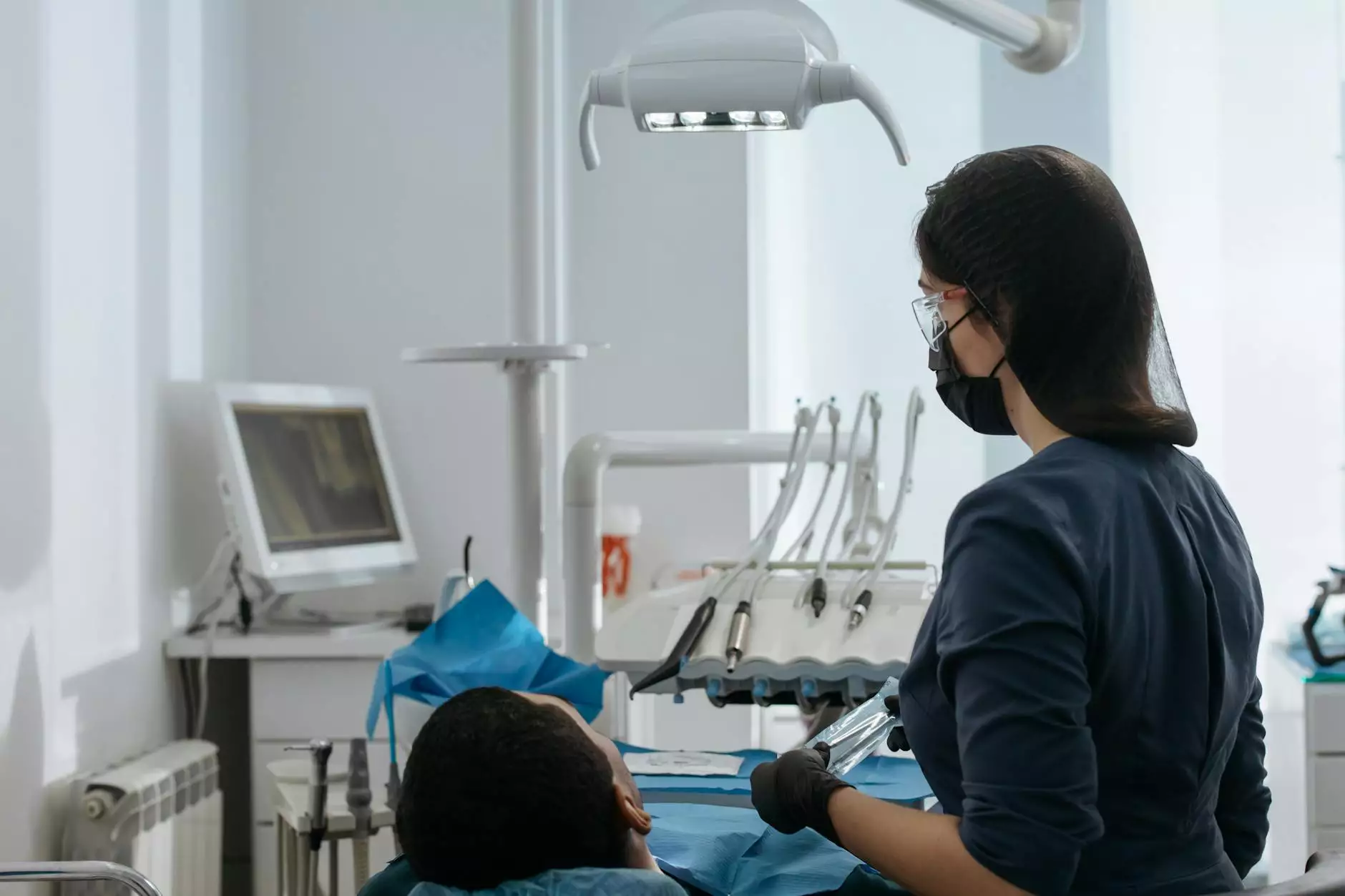Understanding the Risks of Having a Hysterectomy

A hysterectomy is a surgical procedure that involves the removal of a woman's uterus, and it may include the removal of other reproductive organs, depending on the specific case. This procedure can be necessary for a variety of medical reasons, such as fibroids, endometriosis, uterine prolapse, or cancer. While hysterectomy is a common and generally safe surgery, it is essential to understand the risks of having a hysterectomy to make an informed decision.
What Is a Hysterectomy?
A hysterectomy can be performed through different methods, including abdominal, vaginal, or laparoscopic approaches. The choice of method often depends on factors such as the patient’s health, the reason for the surgery, and the surgeon's preference.
- Abdominal Hysterectomy: This is performed through an incision in the lower abdomen and is often recommended for larger uterine conditions.
- Vaginal Hysterectomy: This method involves removing the uterus through the vagina without an abdominal incision, often leading to quicker recovery times.
- Laparoscopic Hysterectomy: This minimally invasive approach uses small incisions and a camera, allowing for a shorter recovery period and less postoperative pain.
Common Reasons for Hysterectomy
Women may consider a hysterectomy for various medical conditions, including:
- Uterine Fibroids: Noncancerous growths that can cause pain, heavy bleeding, and pressure symptoms.
- Endometriosis: A painful condition where tissue similar to the lining inside the uterus grows outside it, often leading to chronic pain.
- Uterine Prolapse: A condition where the uterus descends into the vaginal canal due to weakened pelvic support.
- Cancer: In cases of gynecological cancers such as uterine or cervical cancer, a hysterectomy might be necessary to prevent the spread of disease.
The Risks of Having a Hysterectomy
While hysterectomy is usually safe, there are certain risks associated with the procedure. It’s crucial for patients and their families to be thoroughly informed about these risks to weigh the benefits against the possible complications. Here, we explore some of the major risks involved:
1. Surgical Risks
As with any surgery, there are inherent risks that can include:
- Infection: Postoperative infections are possible with any kind of surgical procedure. This risk can typically be mitigated through proper sterilization and antibiotic use.
- Bleeding: Excessive bleeding during or after the procedure may lead to transfusions or the need for additional surgeries.
- Anesthesia Risks: Reactions to anesthesia can occur, although they are rare, and vary depending on the individual’s health and medical history.
2. Hormonal Changes
Removing the uterus may result in hormonal changes, particularly if the ovaries are also removed during the operation:
- Menopause: If both ovaries are removed, the patient will enter menopause immediately, which can lead to symptoms such as hot flashes, mood swings, and vaginal dryness.
- Hormonal Imbalance: Even if the ovaries are left intact, the body's hormonal balance may be affected due to the removal of the uterus.
3. Long-term Complications
Some women may experience long-term effects following a hysterectomy, such as:
- Pelvic Floor Disorders: There may be a risk of developing pelvic floor disorders, including incontinence or organ prolapse, due to the changes in the pelvic structure.
- Reduced Sexual Function: Some women report changes in sexual desire or satisfaction post-surgery; however, this can vary widely among individuals.
- Emotional and Mental Health Effects: The psychological impact of undergoing such a significant life change can lead to feelings of loss or depression for some women.
Weighing the Risks Against the Benefits
Understanding the risks of having a hysterectomy is an important part of deciding whether to proceed with the surgery. For many women, the potential benefits of alleviating significant health issues, such as chronic pain or heavy bleeding, may outweigh the risks. It is essential to have a comprehensive discussion with your healthcare provider about:
- Your individual health circumstances.
- The severity of your symptoms.
- Alternatives to hysterectomy, such as medication or less invasive surgical options.
Consulting with a Qualified Specialist
When considering a hysterectomy, it is crucial to consult with a qualified healthcare professional, such as an obstetrician or gynecologist. They can provide insights tailored to your specific situation and help you navigate the treatment options available. A good specialist will also guide you through the risks and benefits, ensuring you make an informed decision that aligns with your health needs and personal values.
Finding the Right Doctor
At drseckin.com, Dr. Seckin and his team provide comprehensive evaluations for women considering a hysterectomy. Their expertise ensures that every patient receives personalized care, transparent information, and support throughout the decision-making process.
Prepare for Surgery
If you and your doctor decide that a hysterectomy is the best course of action, preparation is crucial for minimizing risks and aiding recovery. Here are some steps to consider:
- Preoperative Assessment: Ensure that you undergo a complete medical evaluation to identify any risk factors.
- Discuss Medications: Inform your doctor about all medications and supplements you are taking.
- Plan for Recovery: Arrange for help at home post-surgery, and understand what to expect regarding recovery timelines.
Postoperative Care and Recovery
The recovery process following a hysterectomy can vary based on the surgical method used, and individual factors, including age and overall health. Common aspects of postoperative care include:
- Monitoring Symptoms: Keep an eye on bleeding, pain levels, and any signs of infection.
- Gradual Return to Activities: Follow your doctor’s advice regarding limitations on lifting, exercising, and sexual activity.
- Emotional Support: Seek counseling or support groups if needed, especially if you are feeling depressed or anxious about the changes you are experiencing.
Final Thoughts
While the risks of having a hysterectomy should not be underestimated, many women find relief from debilitating symptoms through this procedure. By arming yourself with knowledge and consulting with experienced professionals like those at drseckin.com, you can make a choice that best supports your health and well-being. Remember, every woman’s situation is unique, and understanding your options is the first step toward making an informed decision.







